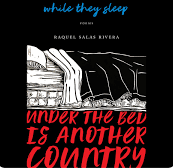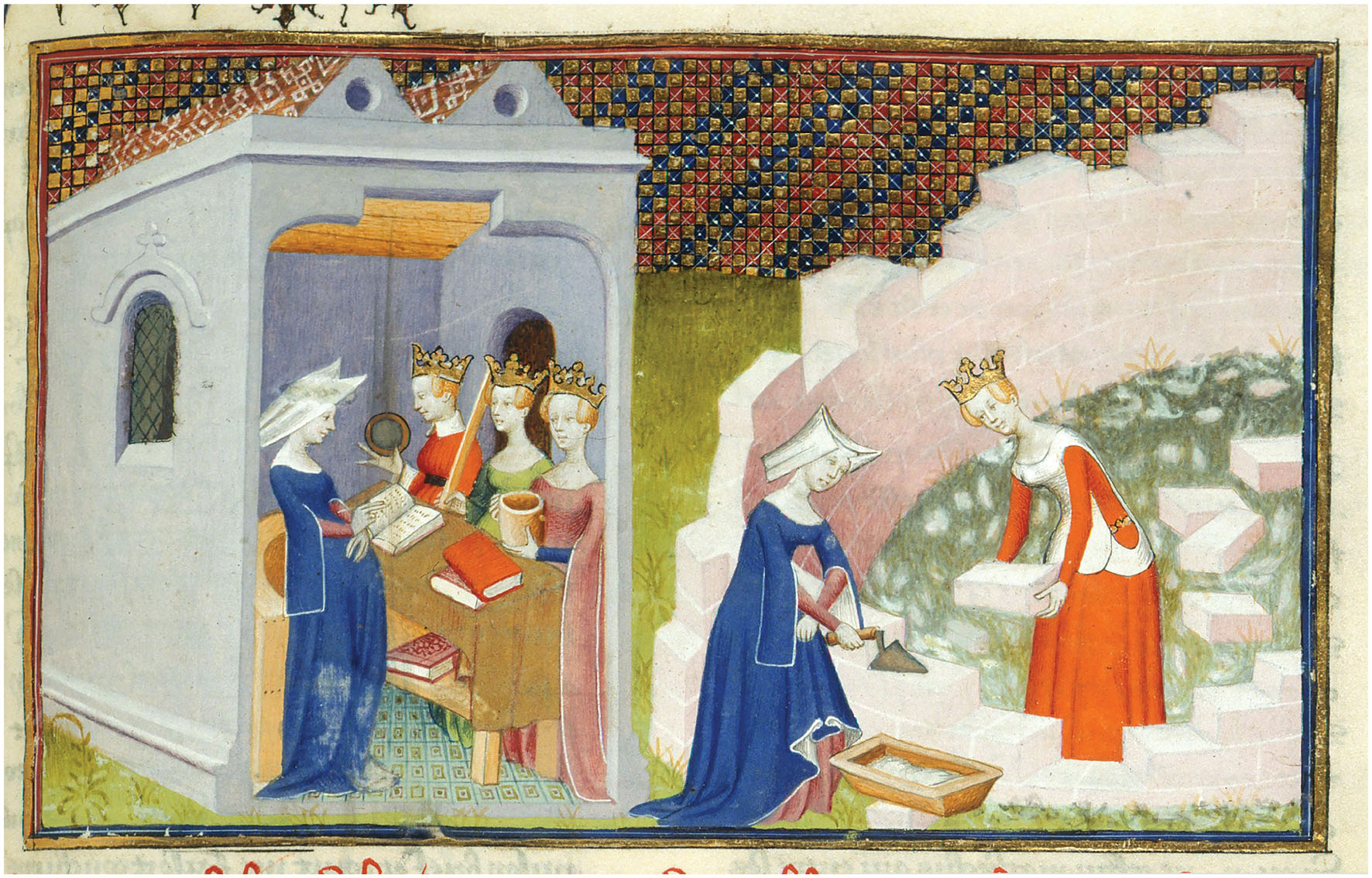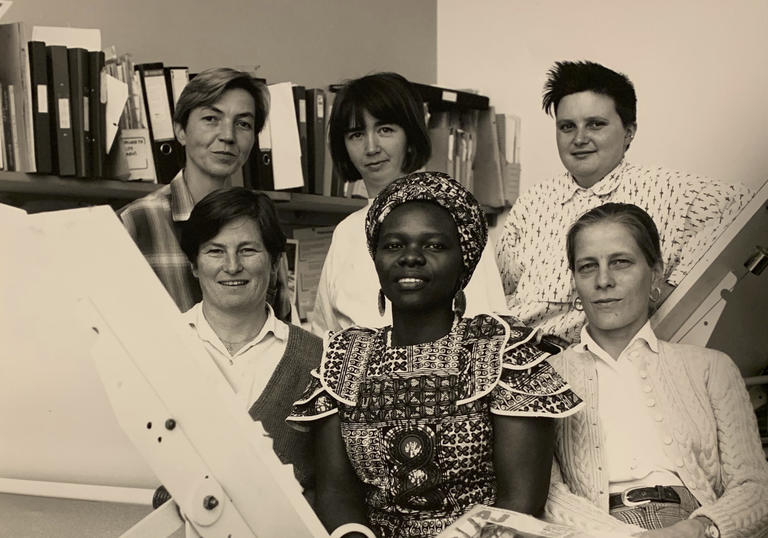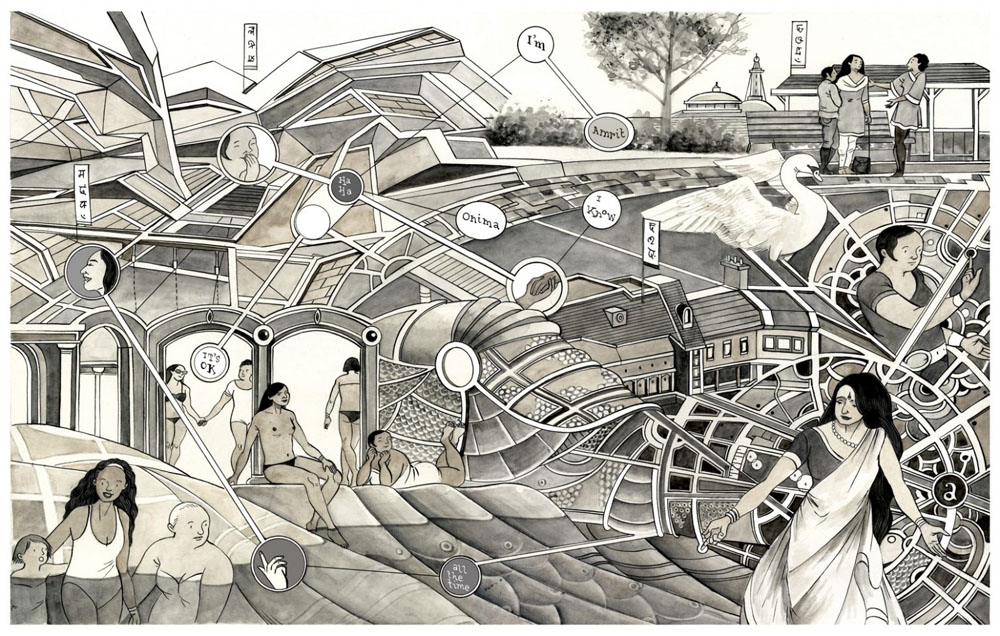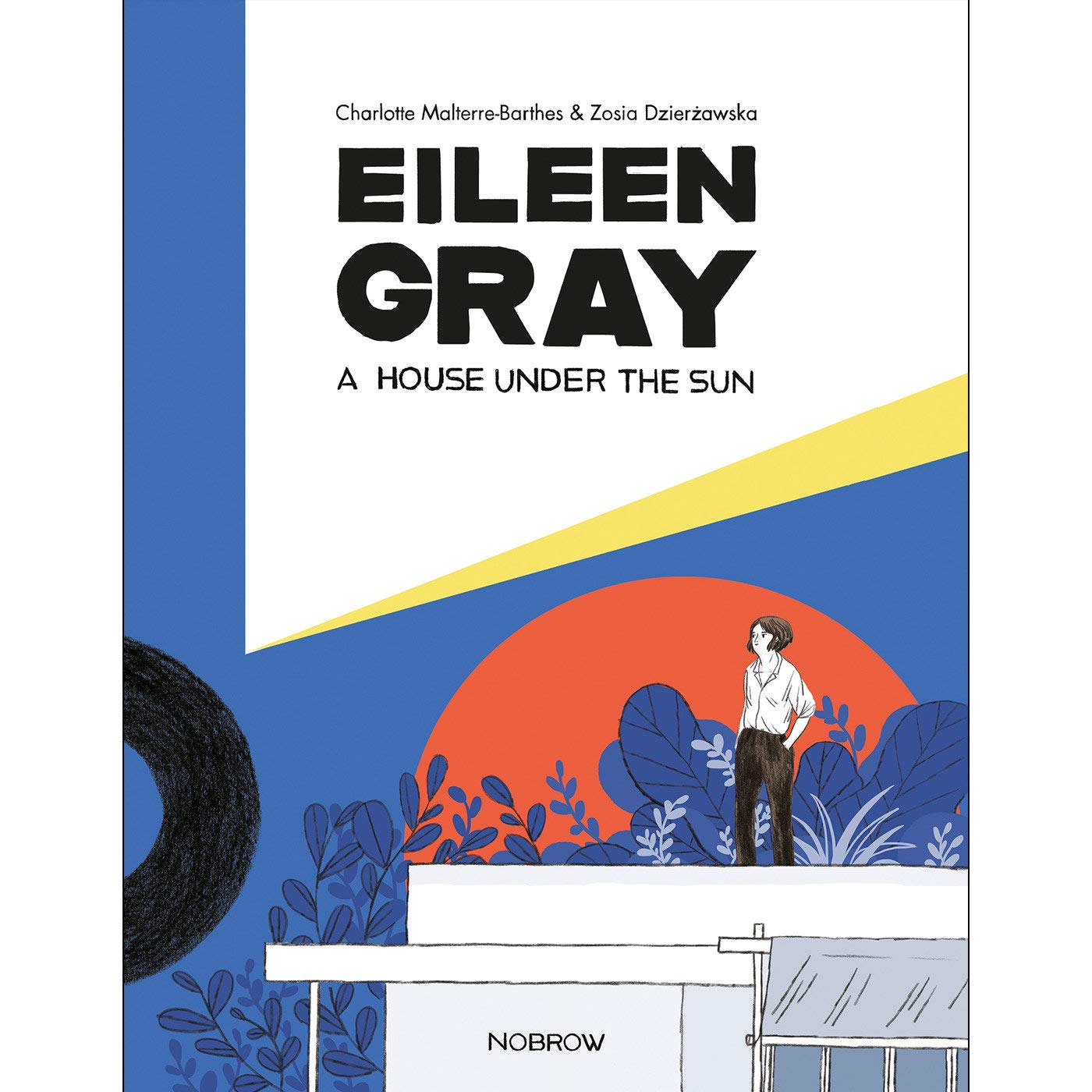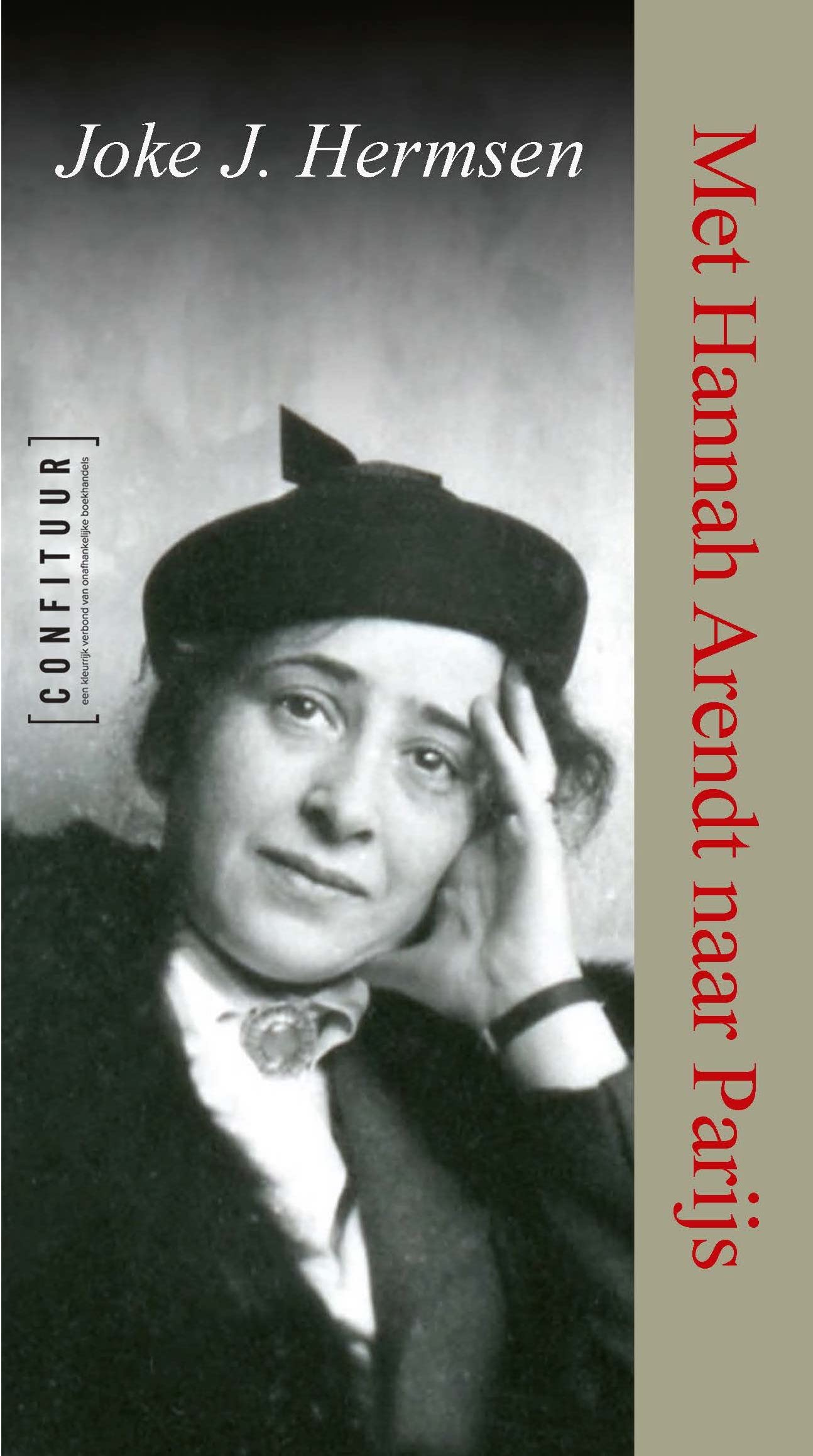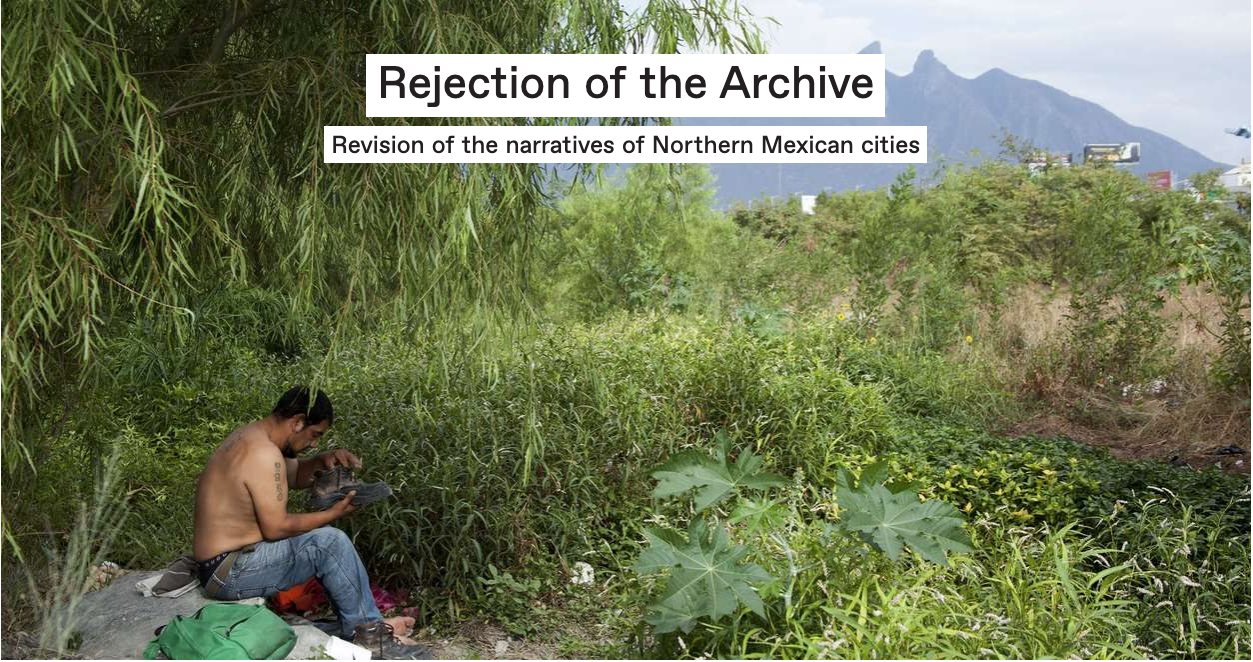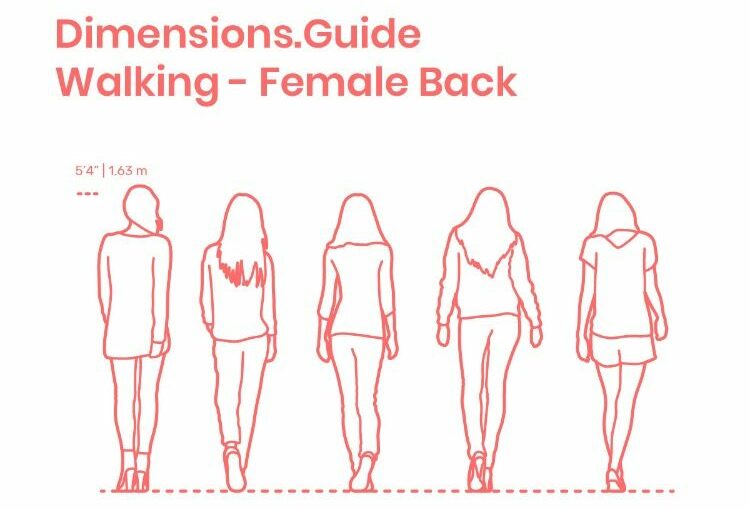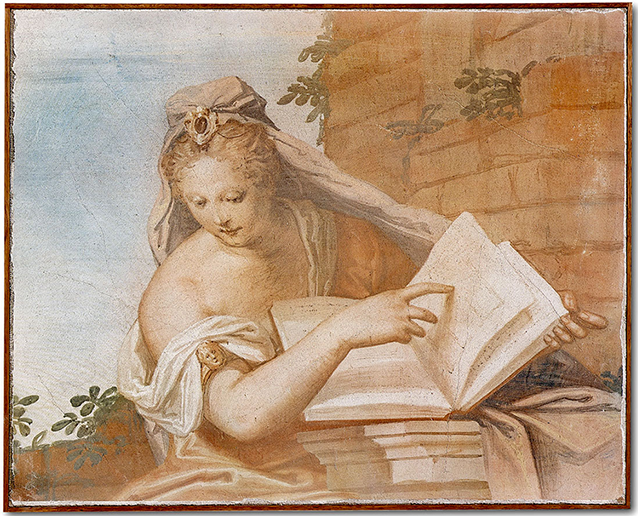Loudreaders on Anti-Racist Manifesto
One of Puerto Rico’s leading feminist collectives examines how racial states operate, focusing on the colony of Puerto Rico. In this six-point manifesto la colectiva reaffirms, together with the Black feminists who have gone before them – ‘that the liberation of Black women will be the end of all oppression, the end of the racial […]
